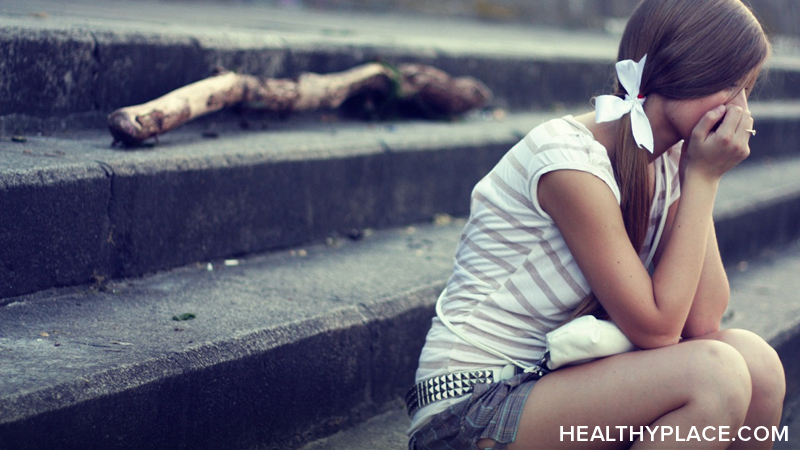Coping with PTSD is Easier with These Coping Skills

Coping with the physical and emotional effects of PTSD on your life can be very difficult, but you don’t have to feel like you’re a victim of the trauma and of PTSD. You can develop and use PTSD coping skills to reclaim yourself.
Coping skills are active, stand-up-and-take-charge mechanisms. PTSD coping skills are things that you do to
- Manage emotions, anxiety, depression, and more in the moment
- Regain control
- Take back your thoughts, feelings, and behaviors
- Reclaim your body and end the pain and other physical effects of PTSD
- Take charge of your life
It often can seem as though trauma and the resulting PTSD stole your power. By using PTSD coping skills, you begin to take it right back.
Coping with PTSD: Identify What You Need Right Now
With PTSD, people have to deal with many different things at once. The effects of PTSD can be devitalizing and overwhelming because they involve so many different things: physical effects, emotional effects, intrusion symptoms, avoidance behavior, negative changes in thoughts and mood, and heightened arousal (PTSD Symptoms and Signs of PTSD). All of these chaotic effects make coping with PTSD challenging.
The first step in developing PTSD coping skills is to become aware of what you need in the moment. When you are feeling upset, off, and generally not up to dealing with PTSD or anything else, pause and listen to your thoughts, emotions, and body. What needs the most attention right now? What part of you needs soothing? It can take time to develop the ability to be still and pinpoint exactly what needs attention in a given moment, so be patient with yourself as you learn to do this. It just takes some practice and awareness.
Once you know what it is you need right now, you can choose a coping skill that will best meet that need.
How to Cope with PTSD: A List of Coping Skills
The list of coping skills is seemingly infinite. Different things work for different people, so give yourself time to see if something works and change it if it doesn’t. Also, the more coping skills you have at your disposal, the better equipped you’ll be to cope with PTSD.
Here’s a partial list of coping skills to get you started. Hopefully, these will inspire other ideas that work for you.
- Practicing slow, controlled deep breathing
- Using progressive muscle relaxation
- Using Aromatherapy (breathing in various essential oils, using lotions, candles, etc.)
- Visualizing (mentally picturing a calming image, setting, and envisioning yourself there)
- Distracting yourself (objects, books, etc. at your disposal to shift your focus)
- Practicing mindfulness (being present in the moment with all of your senses)
- Gardening
- Having a bucket of sand on hand to manipulate
- Coloring
- Having a hobby
- Exercising
- Having a water bottle with you to stay hydrated
- Blowing bubbles
- Taking a shower or warm bath
- Learning anger management techniques
- Creating sleep routines to facilitate better sleep
- Keeping in touch with a trusted friend or family member
Why Use PTSD Coping Skills?
Building a toolbox of techniques for coping with PTSD allows you to actively and systematically re-create the life you want to live. Using coping skills for PTSD is empowering because it helps you pull out of PTSD’s strong grasp.
PTSD treatments, such as therapy and medications can help, but learning coping skills may be your best ally against PTSD. When you actively put your coping skills to work for you, you are living in the present. You’re not thinking anxiously about the future, and you’re not fearfully stuck in the trauma of the past. Coping with PTSD with coping skills means that you are beginning to transcend the trauma.
APA Reference
Peterson, T.
(2021, December 24). Coping with PTSD is Easier with These Coping Skills, HealthyPlace. Retrieved
on 2025, December 5 from https://www.healthyplace.com/ptsd-and-stress-disorders/ptsd/coping-with-ptsd-is-easier-with-these-coping-skills



